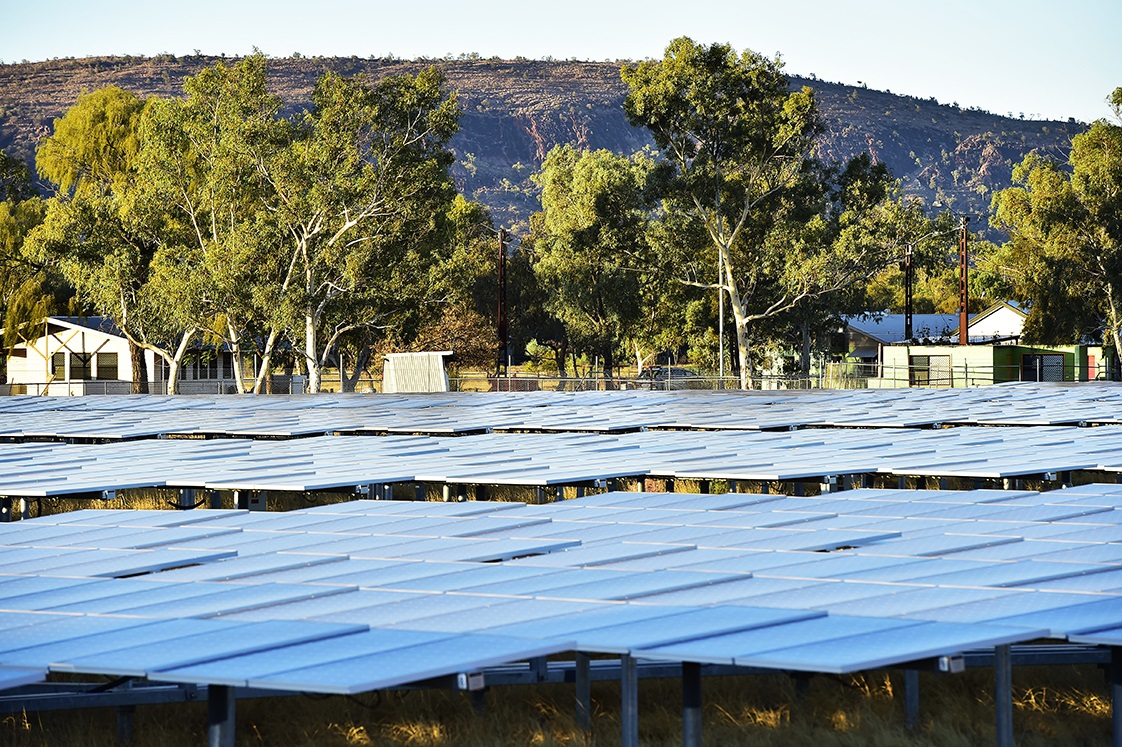
Engineering and environmental consulting firm Advitech has been appointed by the Alice Springs Future Grid project to investigate how lower socio-economic demographics can participate in and benefit from the transition to clean energy.
The Northern Territory (NT) aims to achieve 50% renewable energy by 2030 and it also has the country’s highest proportion (42%) of households being renters.
This represents an obvious target for connection to renewable energy but there are challenges in achieving this, including social and structural factors.
An initiative called the Alice Springs Future Grid project is identifying and addressing barriers to further renewable energy penetration in the local electricity network.
The project explores technical, regulatory, social and economic challenges with the renewable energy transition in the town’s isolated grid.
Future Grid is supported by the NT Government, the Australian Government through the Microgrids program, and the Australian Renewable Energy Agency (ARENA).
Advitech has been appointed by the Future Grid project to undertake this work to make sure that achieving 50% renewable energy uptake for Alice Springs won’t leave parts of the community behind.
Future Grid project director Lyndon Frearson said: “Advitech was selected because of its extensive experience in the management and delivery of activities involving stakeholder consultations for environmental and cultural heritage issues.
“Alice Springs is home to a diverse range of demographics and it’s vital everyone is considered as we move through the clean energy transition.”
The low socio-economic study will be coordinated by Dr Glenn Platt, a pioneer of Australia’s energy transition.
Dr Platt and his team will bring extensive experience leading projects specifically exploring the benefits of clean energy technology to low socio-economic status communities.
Platt said: “There are many people in our country who have been excluded from the renewable energy economy because of geographical or socio-economic circumstances.
“We think it’s vital that all people experience ‘energy security’ and the benefits that flow from that.
“Technologies like solar and batteries have the potential to offer so many advantages, and understanding how we can bring these benefits to more people is a matter of social equity and public health.
A successful low socio-economic study will require broad stakeholder engagement, incorporating a careful understanding of the unique perspectives and challenges present in the Alice Springs area.
The team will consider business models supporting a hardware rollout (from solar panels and batteries to virtual power plants and energy-as-a-service), an awareness of the unique operations and maintenance challenges associated with these deployments, and an understanding of capital investment markets and options for funding a deployment project.
Following extensive consultation with relevant stakeholders, Advitech will provide the Future Grid project with a report on research into the opportunities, benefits and barriers associated with access and use of energy, including access to solar power for tenants residing in low socio-economic housing in Alice Springs.
The Future Grid low socio-economic study commenced in March 2022 and will deliver its findings by mid-2022.











